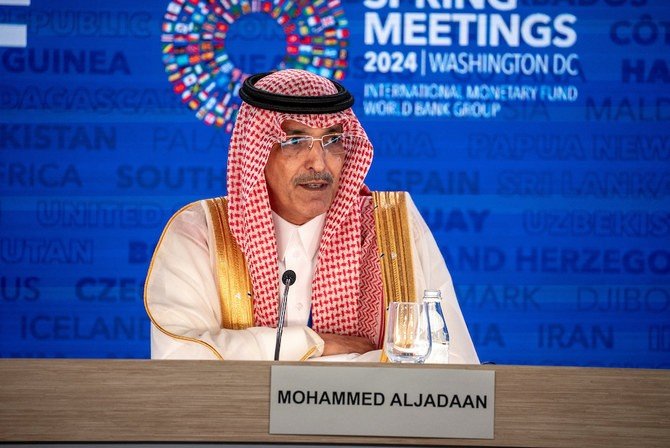
Numerous African countries are currently facing economic and political challenges, and are looking to the World Bank and the International Monetary Fund (IMF) for assistance. The two organizations are currently holding their annual spring meetings in Washington DC.
Ghana, for instance, is currently in debt distress, with its public debt deemed to be unsustainable. In response, the government has implemented a comprehensive debt restructuring plan, a significant fiscal consolidation program, and a range of reforms aimed at promoting economic stability and resilience. The IMF’s Extended Credit Facility program is supporting these stabilization efforts with a sum of approximately $3 billion. Unfortunately, the crisis has taken a heavy toll on the country’s economic growth, which is estimated to have decelerated to 2.9% in 2023 and is expected to remain weak in 2024.
According to the World Bank, restoring growth to its potential rate of 5% will require macroeconomic stability.
South Sudan, meanwhile, is grappling with an economic downturn that has pushed over eight million people into poverty. The country’s primary revenue earner, oil production, has dropped due to depleted wells and military conflict in neighboring Sudan. The government in Juba has little donor funding at its disposal due to a lack of political will to implement the 2018 peace agreement. As a result, it is trying to extract resources from the already overburdened oil sector. Additionally, the aftermath of Russia’s invasion of Ukraine and four consecutive years of severe flooding have exacerbated the already challenging economic and humanitarian situation in the world’s newest nation. South Sudan is grappling with a civil war that erupted in 2013, claiming the lives of two million people and forcing about a quarter of the population to flee to neighboring countries. The war has stifled oil production in a country with an estimated population of 11.27 million, which was also hit hard by the Covid-19 pandemic in 2020.
Nigeria, Africa’s largest economy, is currently facing an economic crisis that ranges from a failed currency redesign to the removal of fuel subsidies and a currency float. The country has been plunged into spiraling inflation and a currency crisis with far-reaching consequences.
According to the IMF’s Regional Economic Outlook Report for Sub-Saharan Africa, dated October 2023, Nigeria removed fuel subsidies worth $10 billion in June 2023, which is four times the amount spent on health. Most of these subsidies were poorly targeted and tended to benefit affluent segments of the population. “Moreover, a significant amount of fuel was being smuggled out of the country, rewarding the rent-seeking behavior of a small number of individuals and effectively subsidizing consumers (or distributors) in neighboring states,” says the IMF.
Zambia, on the other hand, is grappling with a debt restructuring deal with its international bondholders, having become Africa’s first pandemic-era sovereign default when it failed to make a $42.5 million payment on one of its international bonds in November 2020. However, in March of this year, Zambia reached a debt restructuring deal-in-principle with its international bondholders, bringing the country closer to completing a complex process that has lasted over three years and has experienced numerous delays.
The Spring Meetings bring together boards of the IMF and the World Bank Group, central bankers, ministers of finance and development, parliamentarians, private sector executives, representatives from civil society organizations, and academics to discuss global concerns, including the world economic outlook, poverty eradication, economic development, and aid effectiveness.
In Sudan, the war has claimed thousands of lives, forced millions from their homes, and sparked economic turmoil across the region, which is deepening the hunger crisis. Food prices in Sudan are now 73% higher than they were in 2023 and 350% above the five-year averages due to the currency’s devaluation. The ripple effects are felt in South Sudan and Chad, where disrupted trade and massive population displacements are straining resources and intensifying hunger. This economic turmoil risks pushing one million people into severe food insecurity in South Sudan, where over half of the population, 7.1 million people, are acutely hungry.